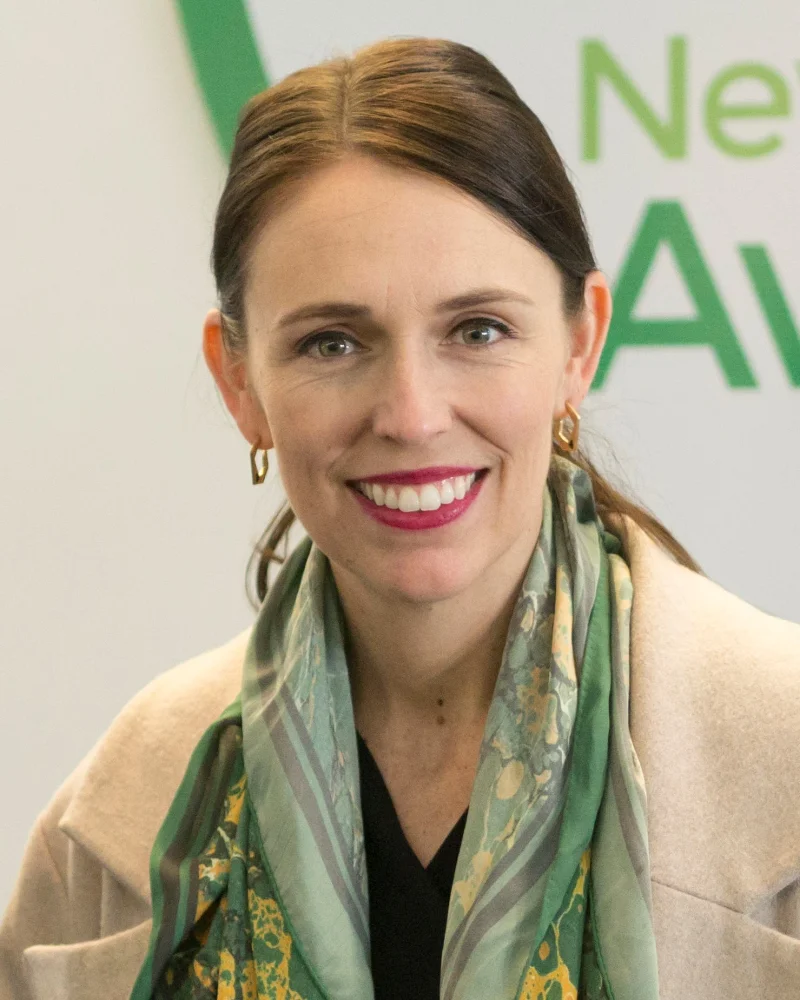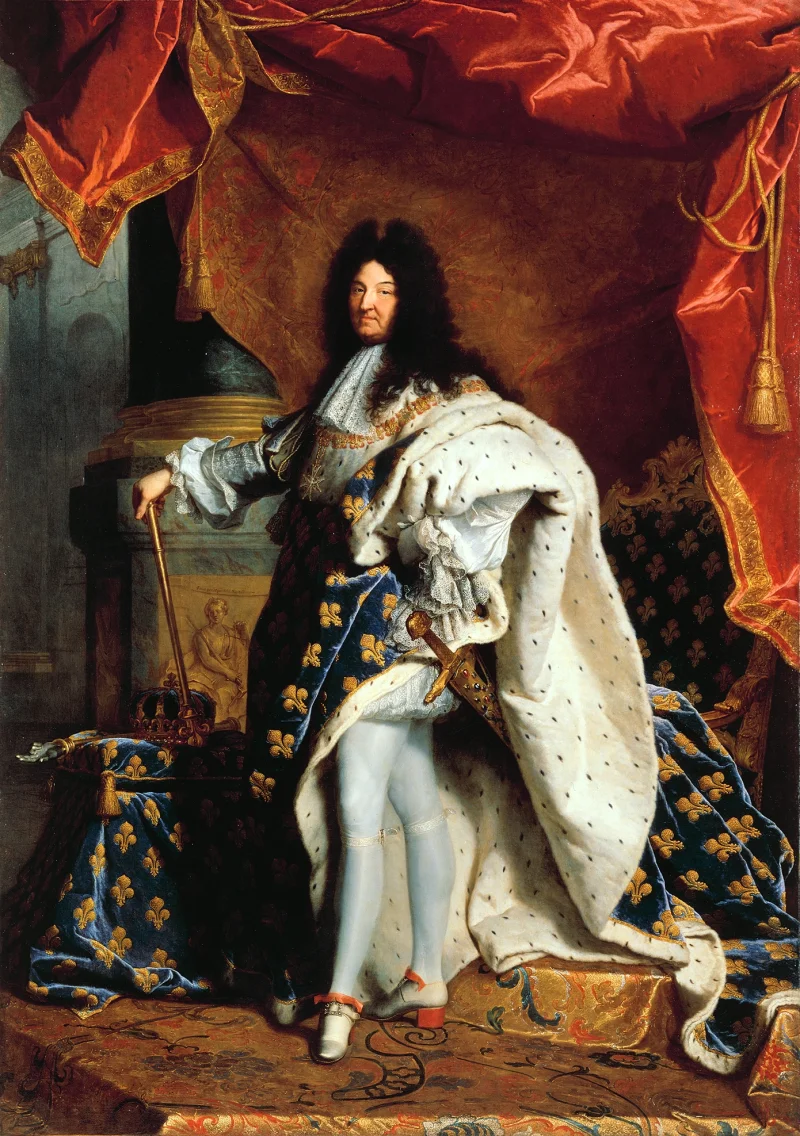Short Summary
Jacinda Ardern is a prominent New Zealand politician known for her progressive leadership and effective crisis management. She served as the 40th Prime Minister of New Zealand from 2017 to 2023, becoming one of the world's youngest female heads of government. Her tenure was marked by significant social and economic reforms, as well as her empathetic response to major national tragedies. Ardern is celebrated for her compassionate approach to leadership and her efforts in promoting social justice and environmental sustainability.
Early Life & Education
Jacinda Ardern was born on July 26, 1980, in Hamilton, New Zealand. She grew up in Morrinsville and Murupara, small rural towns known for their farming communities. Her father, Ross Ardern, was a police officer, and her mother, Laurell Ardern, worked as a school catering assistant. She developed an early interest in politics and social issues, inspired by her family's community-oriented values. Ardern attended the University of Waikato, where she earned a Bachelor of Communication Studies in politics and public relations. Her involvement in politics began in earnest during her university years, when she joined the Labour Party.
Career Highlights
Jacinda Ardern's political career began as a researcher in the office of Prime Minister Helen Clark. She later worked in the United Kingdom as an advisor in the Cabinet Office. Upon returning to New Zealand, she was elected as a Member of Parliament in 2008. Ardern rose quickly within the Labour Party, becoming its deputy leader in March 2017. That same year, she assumed the party's leadership just weeks before the general election, leading Labour to a remarkable comeback victory. As Prime Minister, her administration focused on child poverty reduction, climate change, and the response to the Christchurch mosque shootings.
Major Achievements
- Led New Zealand through the COVID-19 pandemic with a strong and decisive public health response.
- Introduced significant legislative reforms aimed at reducing child poverty and improving mental health services.
- Responded empathetically and effectively to the Christchurch mosque shootings, promoting unity and gun law reforms.
- Advocated for climate change action, including the Zero Carbon Act to reduce greenhouse gas emissions.
Famous Quotes
- "One of the criticisms I've faced over the years is that I'm not aggressive enough. But I don't believe that being aggressive is a pre-requisite for leadership."
- "The worst thing that can happen to politics is that it becomes about politicians. It should be about people."
Interesting Facts
- She became the world's youngest female head of government at age 37.
- Ardern was the second world leader to give birth while in office, after Benazir Bhutto of Pakistan.
- She was known for her down-to-earth communication style, often addressing the nation through Facebook Live sessions.
- Ardern worked briefly at a fish and chip shop during her teenage years.
Legacy / Influence
Jacinda Ardern's legacy is defined by her compassionate and inclusive leadership style, which has inspired a new generation of politicians and leaders worldwide. Her focus on social justice, equality, and environmental issues has solidified her reputation as a progressive leader committed to transformative change. Ardern's empathetic handling of crises demonstrated the power of kindness and empathy in political leadership.
FAQ
Q: Why is Jacinda Ardern famous?
A: She is famous for being the Prime Minister of New Zealand and for her progressive policies and empathetic leadership.
Q: What major events did she lead New Zealand through?
A: She led New Zealand through the COVID-19 pandemic and the Christchurch mosque shootings.
Q: What is Jacinda Ardern's approach to leadership?
A: Her leadership is characterized by compassion, inclusivity, and a focus on social justice and environmental issues.









